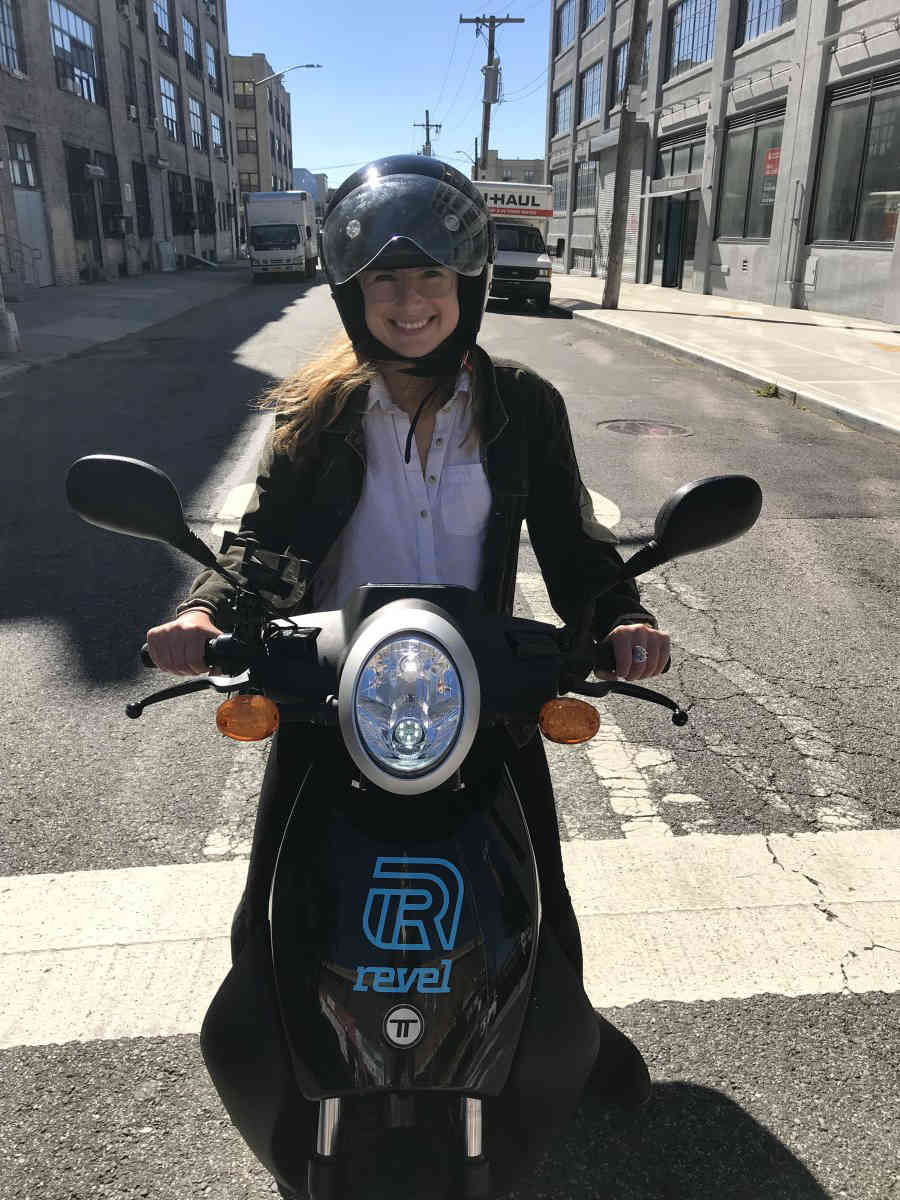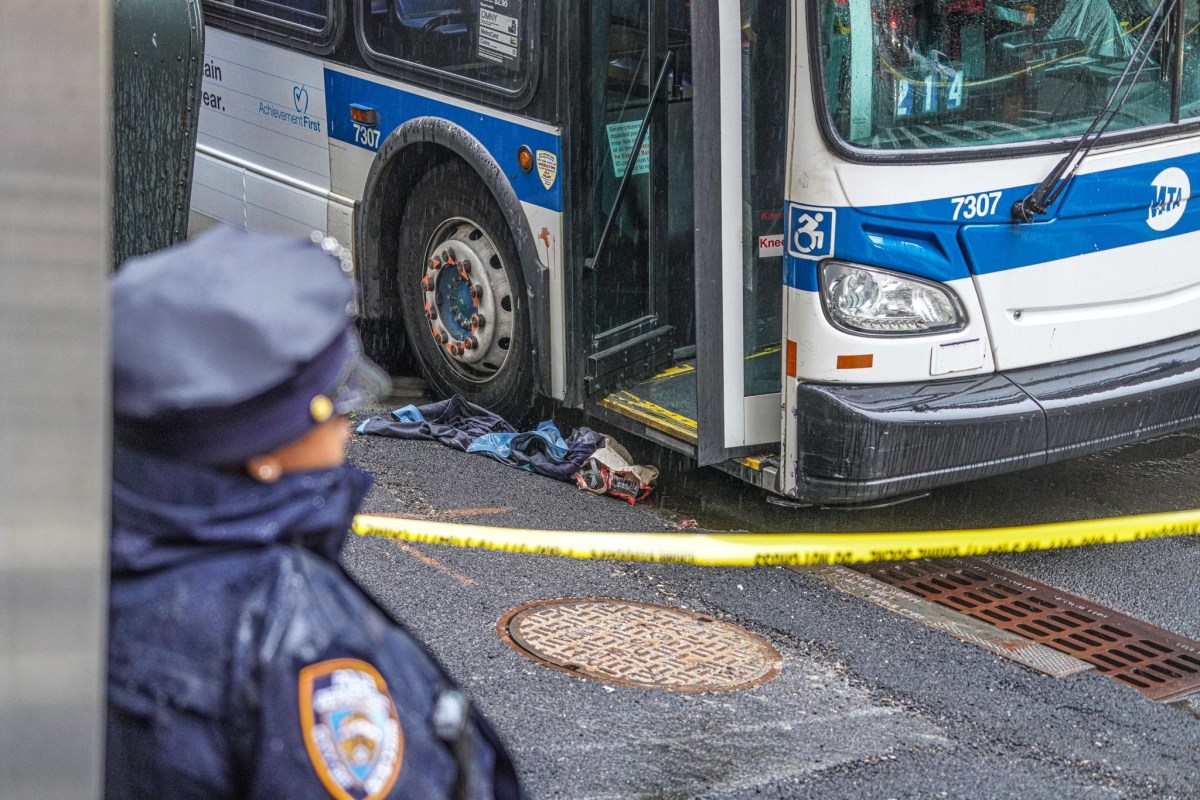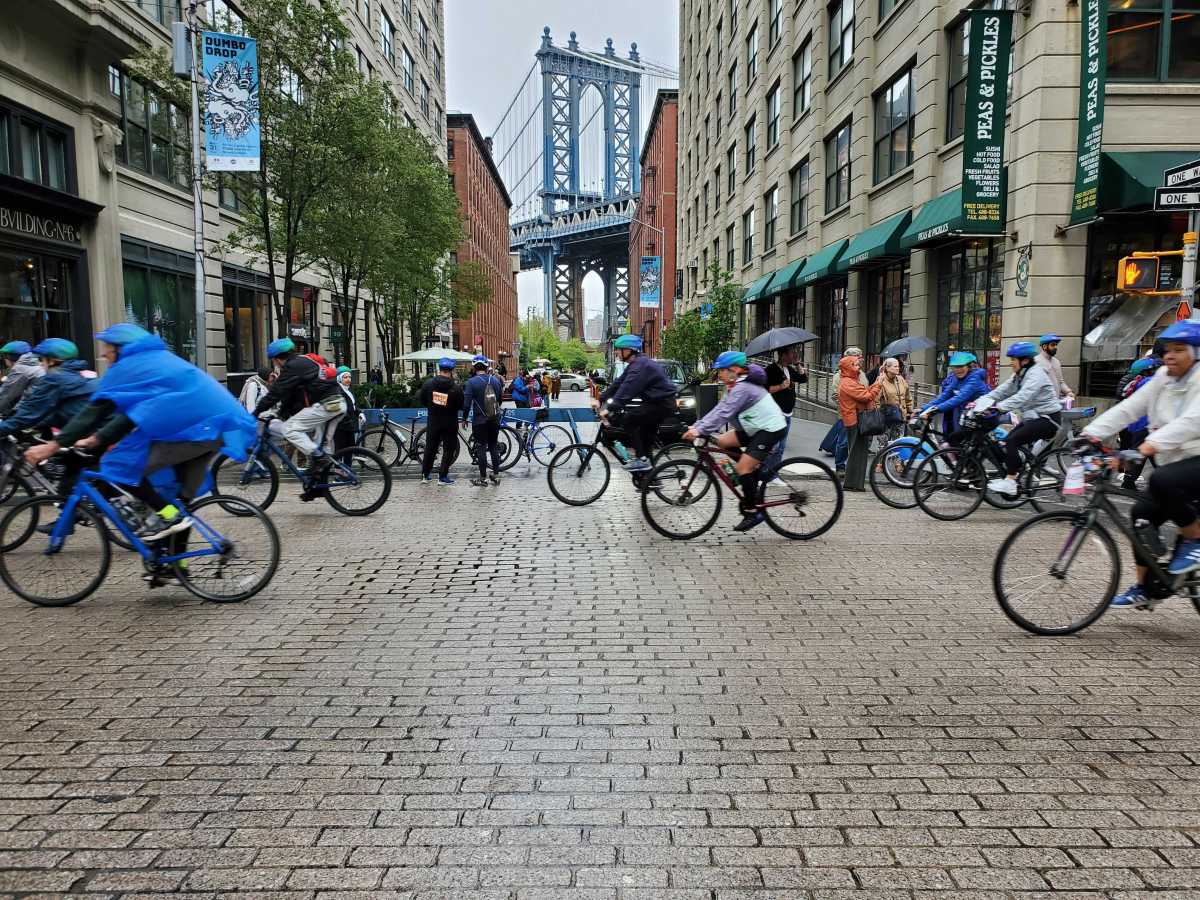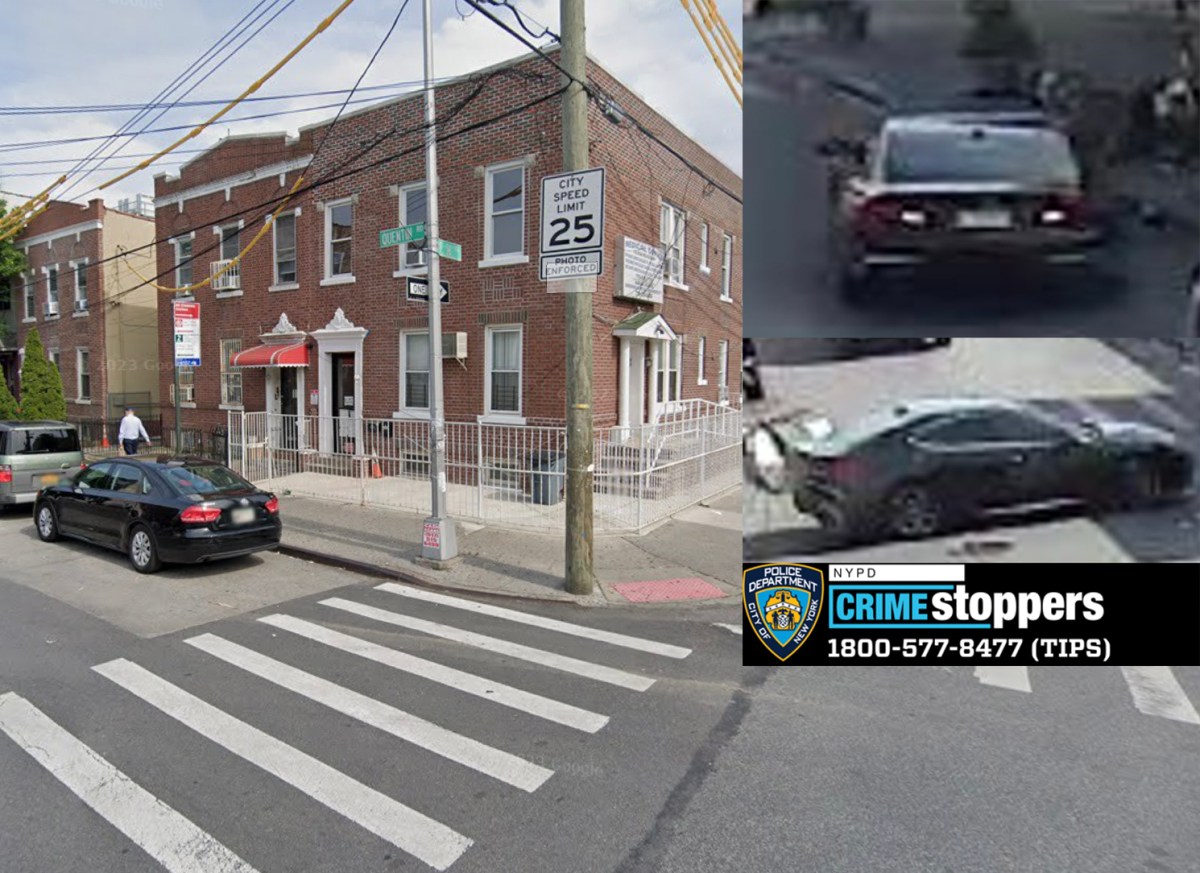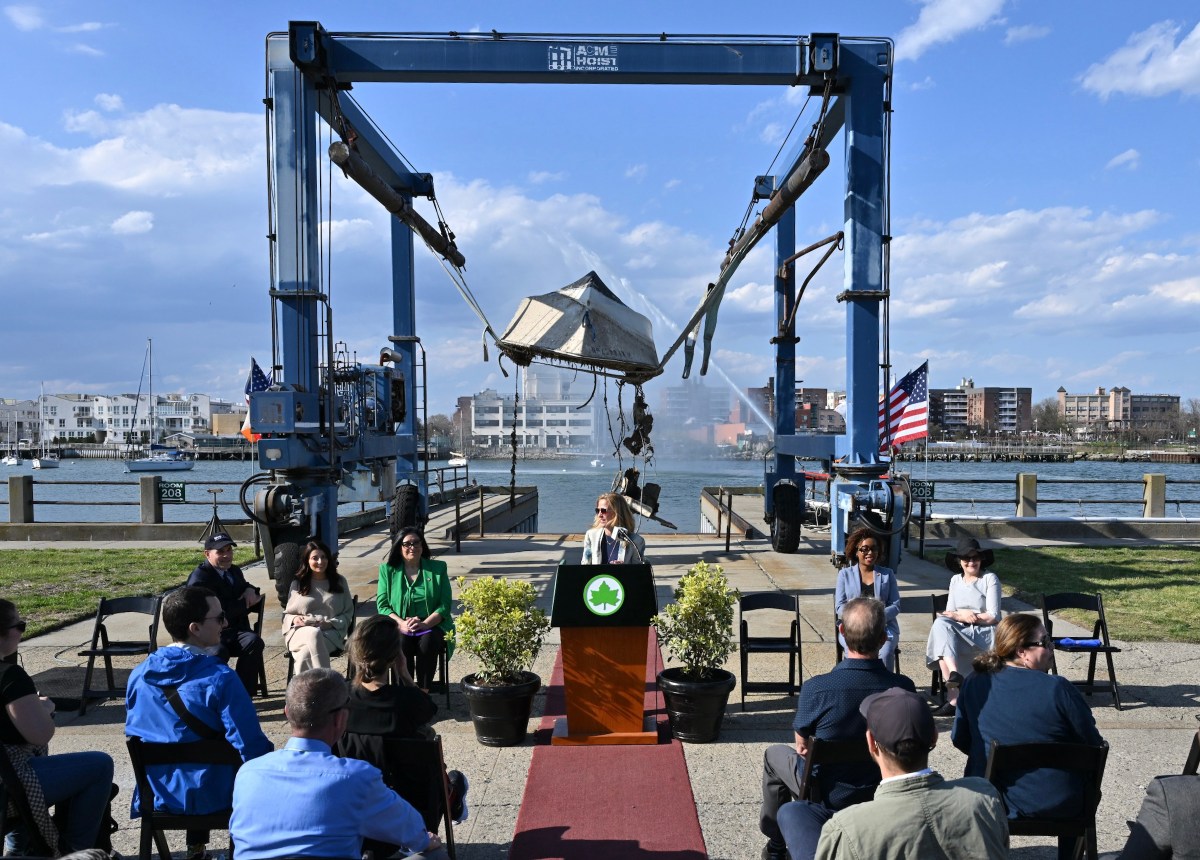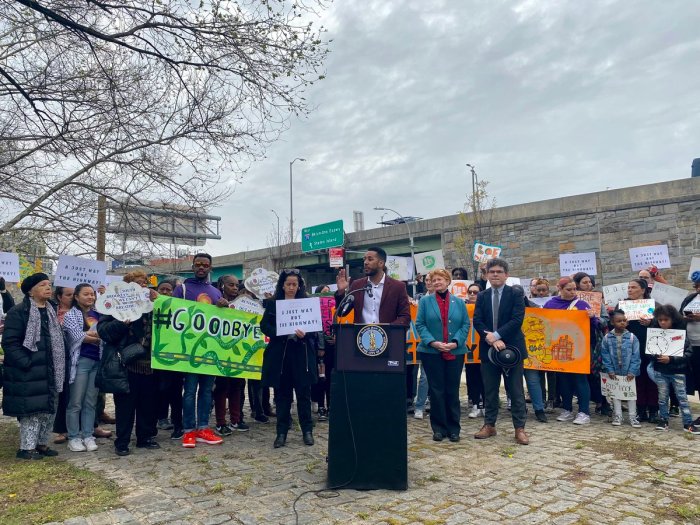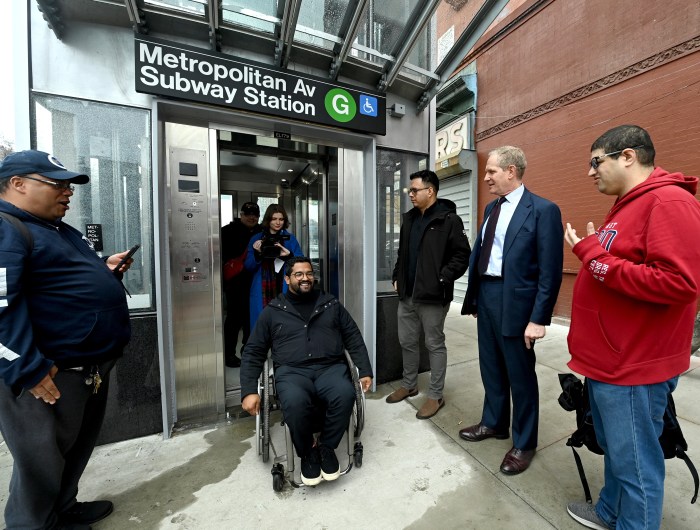It’s a bird, it’s a plane, it’s this reporter on a Bird!
I recently test-drove two start-up companies’ new forms of alternative transportation — Bird’s battery-powered scooter, and Revel’s Vespa-like motorized two-wheeler — that both firms hope to roll out across the city in order to give frustrated subway rides a more convenient, and fun, way to get around.
Spoiler alert: I had a blast piloting both, even though I’m not sure if I’d use either as an alternative to the subway — yet.
But I found Bird’s battery-powered scooter generally easier and safer to use — an ironic twist considering that officials forbid locals from riding it because they classify it as an electric scooter, a mode of transport currently prohibited on city streets.
The electric scooters, however, are available to commuters in other cities across the country and world, a fact Bird bigwigs are stressing in their ongoing talks with pols and leaders of the Department of Transportation about legalizing the technology locally, according to a rep, who said the firm is pushing to debut its product to Brooklynites before the L Train closes for 15 months’ worth of repairs next April.
“We’ve been having a lot of conversations with Council and DOT to try to find a way to make the scooters legal, and we’ve been encouraged by them. We think that we will reach a resolution soon,” said Eric Soufer.
Residents of cities where Bird’s scooters are legal can unlock the rides for $1 via an app, step on, and cruise streets at no more than 15-miles-per hour for 15-to-20-cents-per minute.
The scooters, which emit an avian-like chirp when turned on, are deployed via a dockless system, so users can pick up and stow them in most public spaces, and locate available equipment near them using the app.
Bird’s scooter reminded me a lot of the old-school Razor scooters my friends and I rode around town growing up. It was light-weight and user-friendly. I simply put my right foot on the base, pushed off with my left foot, and revved the handle to increase its speed.
Due to the device’s illegality, I had to contain my ride to pavement along the banks of the Gowanus Canal. But if Bird scooters do become legal in New York City, they will be allowed in bike lanes and on streets — just not on sidewalks.
That said, I am not sure I’d feel as safe on the tiny scooter — even in a helmet — while sharing pavement with cars zooming by.
For my test run of the Revel two-wheeler, I headed over to the company’s headquarters in Bushwick, where its founders in August debuted a pilot fleet of their battery-powered ride, which the state’s Department of Motor Vehicles classifies as a “limited-use motorcycle” lumped in with other legal low-speed cycles like mopeds.
And although Revel’s 200-pound mode of transport is authorized on local streets, a few minutes in the driver’s seat left me wondering if officials should think twice before they let just anyone to hop on — even with the free helmets the company includes with its cycles.
I nearly plowed into the company’s rep, who quickly jumped out of the way, and almost smashed into a parked truck, which I swerved to avoid just in time, during my inaugural ride.
Of course, my near accidents could be chalked up to nerves, since I’ve never ridden a motorcycle or Vespa before. And I managed to get a better hang of it after Revel co-founder Frank Reig spent some time showing me how to properly handle the thing.
Indeed, by my third trial ride down a one-way street, I felt much more confident piloting the Revel, which slowly speeds up as it moves — even if you reverse rev the handlebars that power the motorized cycle — and can reach speeds up to roughly 29-miles-per hour.
Revel’s vehicles are also dockless, and can be rented via an app for $4 for 20 minutes and 25 cents for each additional minute. The company will also charge riders five cents for every minute scooters are left idle, such as when a user hops off to make a pit stop at a bodega before continuing his or her journey.
The 68 cycles in its pilot fleet are available in neighborhoods including Bushwick, Williamsburg, and Greenpoint through the end of the year, at which point Reig and his fellow founder will look at ways to bring more Revel rides to the borough, where residents took more than 5,000 trips on the two-wheelers in their first six weeks on the street, he said.
“We’d love to do more,” said Reig. “It’s really contingent on having conversations with DOT, community boards.”



